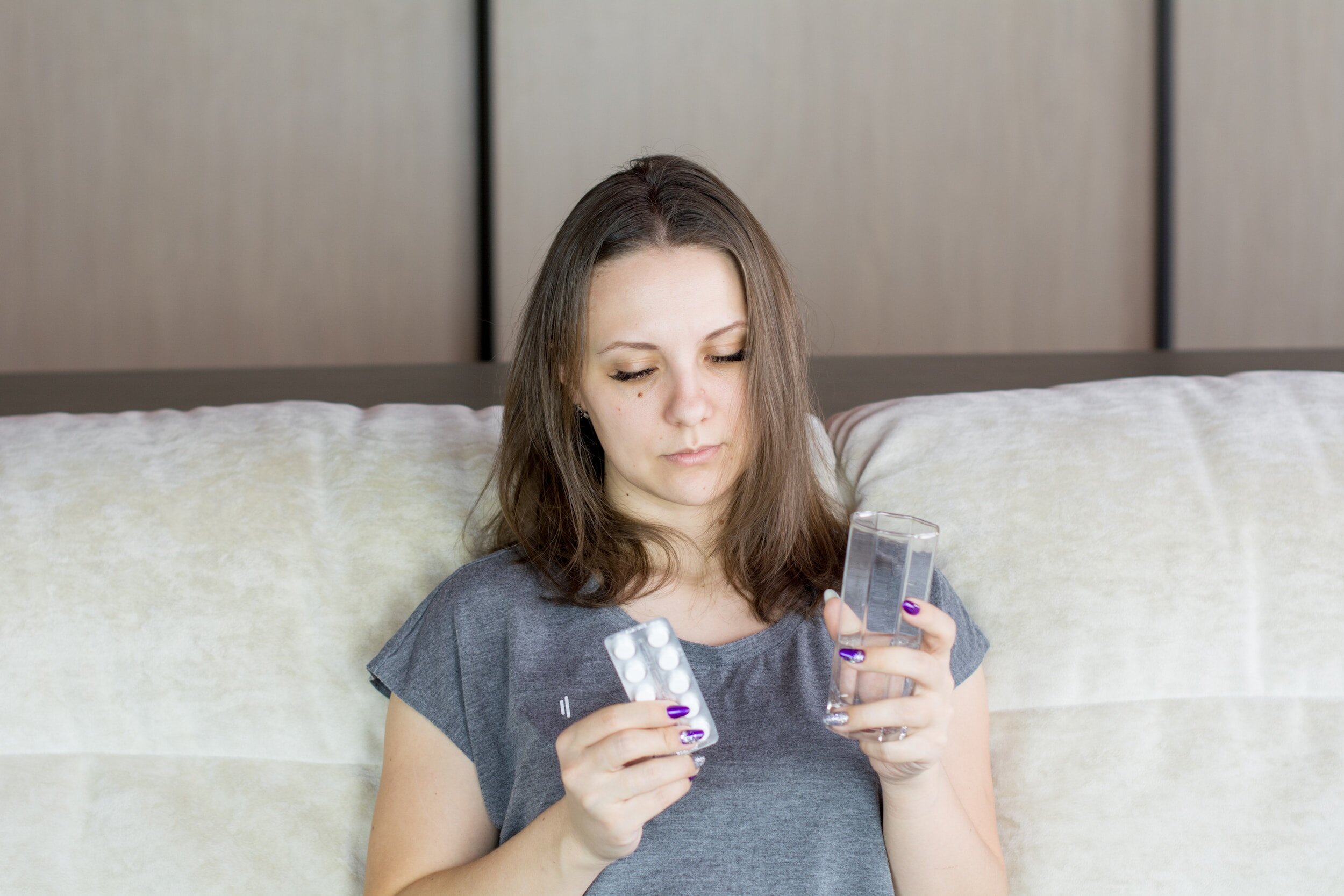Menopause: Checking the Noise around HRT
The 18th of October marks World Menopause Day, and although we can celebrate growing recognition of menopause, we have to ask, are women receiving the right message?
The British Menopause Society rightly states: “The conversation around menopause is getting louder but there is still a lot of misinformation”. As practicing GPs and Functional Medicine specialists, a key concern is the noise driving the HRT phenomenon in recent years. The overzealous rush of women toward Hormone Replacement Therapy is thanks in part to the media’s celebrity endorsements. Many women grappling with issues such as fatigue, mood swings, anxiety, disrupted sleep, and a dormant libido as they navigate this transition, are reaching for it as the ultimate quick fix. However, we must stress that HRT isn’t a magic potion, it’s perhaps more accurate to say that it is one piece of the jigsaw. Without a personalized approach, it may merely mask the underlying issues—issues often rooted in our fast-paced, stress-fuelled lives.
It is imperative to acknowledge that while HRT offers benefits to some, it cannot single-handedly address the fundamental causes of our fatigue. Today’s modern women are juggling more responsibilities than ever before – careers, eldercare, childcare, housework, friends, and an endless barrage of emails and WhatsApp messages. We’re in a pandemic of fatigue, with 9 out of 10 people admitting they’re constantly exhausted. Our sleep patterns have gone haywire thanks to artificial light, mobile phones, late-night work, and our undeniable addiction to caffeine, alcohol, and Netflix.
As specialists in women’s health and hormones, we are big fans of HRT. But let’s be real; the hype around HRT as the ultimate cure-all for women approaching midlife is a bit like expecting a magic elixir. Sorry to break it to you, but you will still get wound up by your teenager, the overflowing bin, and all the plates you have to spin will still need spinning. Sadly, you don’t automatically get a set of abs like Davina’s!
One of our concerns is the fact women are rushing to start HRT and ending up on high doses of oestrogen. Some women they are not able to tolerate high levels of oestrogen, it can actually cause heavy bleeding, headaches, and irritability. Other women do not tolerate oral progesterone which can cause bloating, low mood, and weight gain. These women may give up on HRT due to unwanted side effects without realising there are other options.
Woman may give up on HRT due to unwanted side effects.
There are other options
Similarly, the Davina effect has driven a demand for testosterone, when in fact a lot of perimenopausal women and even menopausal women have normal testosterone levels, as the decline in testosterone is much more gradual. A flailing libido has many factors at play and testosterone is only one small part of this jigsaw!
This is where personalized medicine steps in, taking a holistic approach to the individual rather than a one-size-fits-all prescription. The Menopause campaign is doing well to continue banging its drum as we are making significant headway in awareness, education, and support. The judicious use of HRT can have powerful effects on a person’s wellbeing but we believe it’s crucial to consider the whole picture.
First, we must look at the whole person. A thorough review of medical history and an understanding of their lifestyle – their story, really – is crucial. Addressing sleep, nutrition, exercise, and self-care is just as important in smoothing the transition. Putting a solid foundation down to help make the HRT more effective.
Second, it’s vital to ensure the body can metabolize and clear those additional hormones effectively. This helps prevent additional concerns that can arise from tinkering with hormonal levels.
Hormone therapy undeniably boasts numerous health benefits, including reduced risk of cardiovascular disease, dementia, type 2 diabetes, and osteoporosis. It’s also effective at taming hot flushes and night sweats. But, let’s remember, HRT isn’t a magic bullet. What it can do, though, is help restore your oestrogen levels when they are actually running low.
Therefore this year as we celebrate World Menopause Day, let’s emphasize the significance of personalized medicine and a strategy to minimize adverse effects. While HRT may not serve as a universal remedy for all midlife challenges, it has proven its worth for most women. Informed decisions, guided by comprehensive assessments and holistic strategies, are your compass in navigating the intricate landscape of menopause with grace and resilience.
So let us continue the dialogue, raise awareness, and empower women with accurate knowledge and correct information, to make informed choices on their menopausal journey. When it comes to menopause, a well-informed approach is your first step toward a healthier, happier transition.


